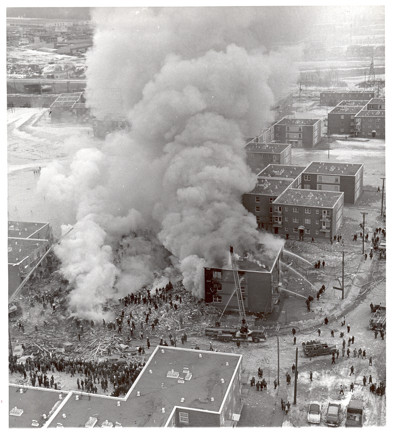Les femmes sportives à Montréal au tournant du XXe siècle
- Speaker: Valérie St-Georges
- When: Thursday, October 15, 2020,19:30 to 21:00
- Where: In virtual mode
-
Lecture in French, followed by a bilingual question period.
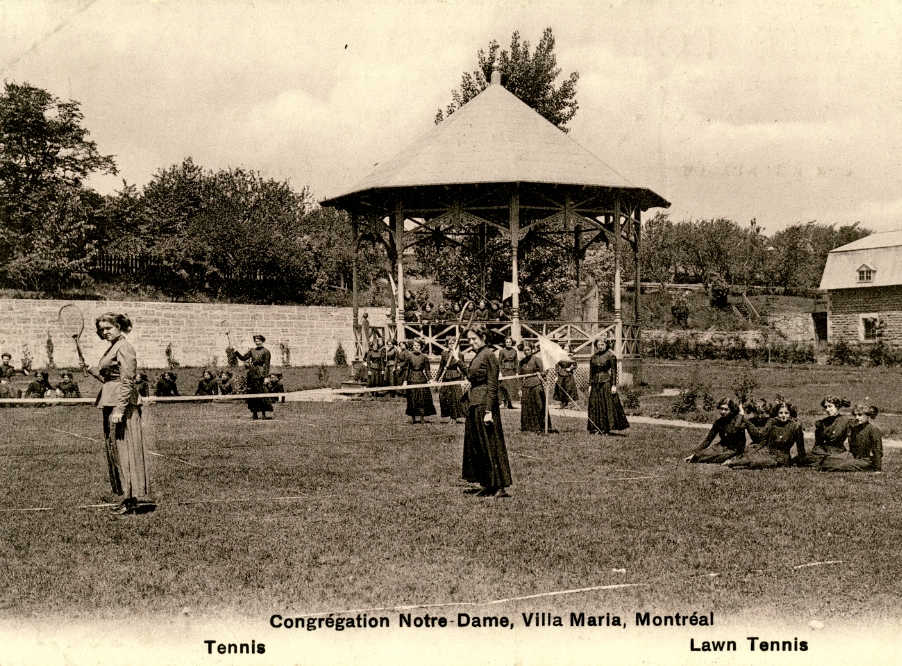 At the turn of the 20th century, more and more young women from the middle and upper classes were introduced to a variety of physical and sporting activities. In Montreal, many women practice activities such as tennis, golf, snowshoeing or skating, in a recreational setting. Some rare pioneers exploit instead their athletic abilities in private schools and universities or begin a competitive career. Yet, this enthusiasm of women for sports, a space dedicated for the building of male identity, is controversial. At a time when more and more young women are starting to claim their rights to vote and access male spaces, the emergence of the “New Woman” figure, this young sporty woman wearing lighter and masculine costumes (puffy panties/bloomers), tends to accentuate the anxiety around the disappearance of the “real woman”.
At the turn of the 20th century, more and more young women from the middle and upper classes were introduced to a variety of physical and sporting activities. In Montreal, many women practice activities such as tennis, golf, snowshoeing or skating, in a recreational setting. Some rare pioneers exploit instead their athletic abilities in private schools and universities or begin a competitive career. Yet, this enthusiasm of women for sports, a space dedicated for the building of male identity, is controversial. At a time when more and more young women are starting to claim their rights to vote and access male spaces, the emergence of the “New Woman” figure, this young sporty woman wearing lighter and masculine costumes (puffy panties/bloomers), tends to accentuate the anxiety around the disappearance of the “real woman”.
In fact, several issues underlie the practice of exercise and sports by women in the eyes of social actors of the time: how to promote exercise for general good health without risking its reproductive capacity? How to reconcile physical training and its potentially “virilizing” effects with the aesthetic ideal of feminity? Finally, how to encourage the participation of girls in certain forms of sports activities without exposing them to the public space? Fearful that they will develop protruding muscles, several social actors speak out against violent, brutal and unsightly physical activities such as boxing. Others are more particularly opposed to practices and gestures that can cause voluptuous sensations, such as riding a bicycle.
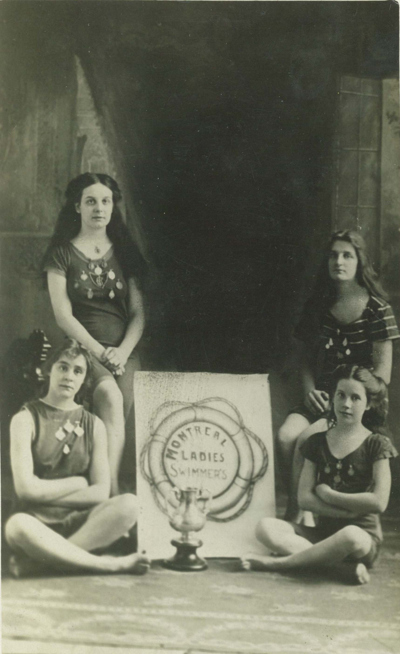 Still, in the 1920’s, women’s sports leagues are organized, and more and more women choose the competitive path. These inspiring and courageous athletes thus opened the door to the next generations.
Still, in the 1920’s, women’s sports leagues are organized, and more and more women choose the competitive path. These inspiring and courageous athletes thus opened the door to the next generations.
Supported by various historical documents (photographs and extracts from articles published in medical, educational and feminine journals of the time), this conference will showcase some pioneers in the world of sports in Montreal and Quebec at the start of the 20th century and will highlight the difficult quest for the inclusion of women in a traditionally male sphere.
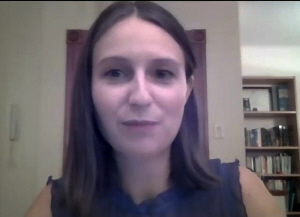 Valérie St-Georges
Valérie St-Georges
Currently a teacher at the Michèle-Provost Academy, Valérie St-Georges holds a master’s degree in history from the University of Montreal. Her master’s thesis, entitled “Strength, Grace, Flexibility”: Physical Education of Young French-Canadian Girls in Montreal (1860-1920), was supported by the Quebec Research Fund in Society and Culture and the Social Sciences and Humanities Research Council of Canada. Although her research focused more specifically on the history of female physical education in Quebec, Valérie St-Georges holds an interest for variegated aspects of women’s history. She presented at the UdeM Feminist Summer University (2019 Edition) and participated in the writing of the chapter devoted to the mayor Valérie Plante in Les Maires de Montréal .
(Ruelland, Jacques G. (dir.), Les Maires de Montréal. De Jacques Viger à Valérie Plante, Maison nouvelle fédération, 2019.)
================================================
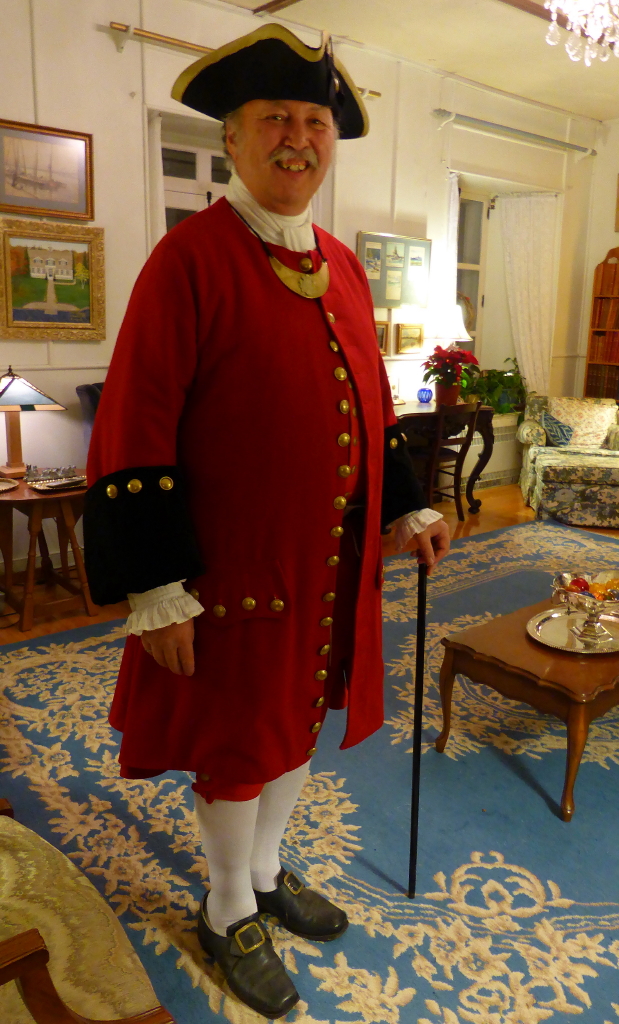
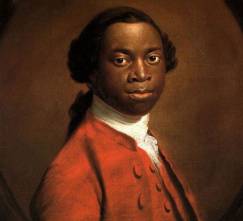 February is Black History Month. Abraham Hanibal (Ganibal in Russian), born on the shore of Lake Chad in what is today Cameroon, was among the unlucky black to be made slave. But he got the unbelievable good fortune to become the adoptive son of the Tsar of Russia, Peter the Great, and will receive an engineer training in France.
February is Black History Month. Abraham Hanibal (Ganibal in Russian), born on the shore of Lake Chad in what is today Cameroon, was among the unlucky black to be made slave. But he got the unbelievable good fortune to become the adoptive son of the Tsar of Russia, Peter the Great, and will receive an engineer training in France.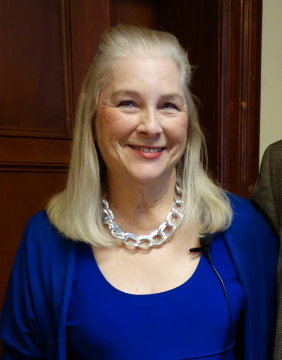
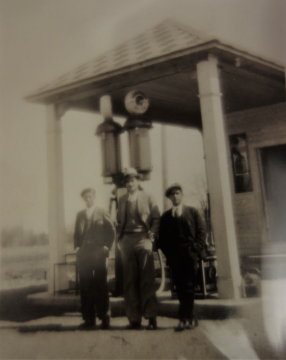
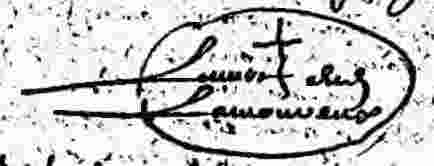
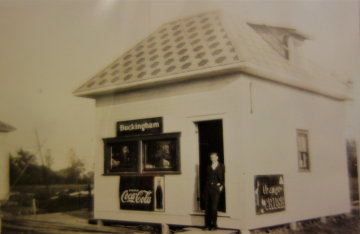
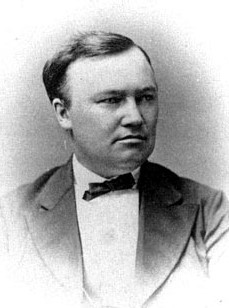
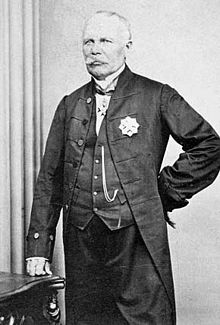 The lecture will present some members of the Taché family over several generations. In the transition when Canada passed from the French to the English regime, Jean-Pascal Taché was involved. His grandson was Prime Minister and Father of Confederation Sir Étienne Paschal Taché. The son of the latter, Eugène-Étienne Taché designed the Québec City heritage icons and gifted us with the Québec motto "Je me souviens". This is the history of a principle driven family that designed, through their descendants, a part of Canada's history.
The lecture will present some members of the Taché family over several generations. In the transition when Canada passed from the French to the English regime, Jean-Pascal Taché was involved. His grandson was Prime Minister and Father of Confederation Sir Étienne Paschal Taché. The son of the latter, Eugène-Étienne Taché designed the Québec City heritage icons and gifted us with the Québec motto "Je me souviens". This is the history of a principle driven family that designed, through their descendants, a part of Canada's history.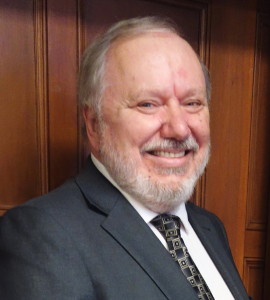 Michel Fragasso is history buff, genealogist and speaker on different subjects related to history and genealogy. Michel Fragasso is himself a descendant of the Taché family. His experience as a lecturer at Université Laval and various CEGEPs has enabled him to give lectures on heritage subjects and various other topics in Quebec and abroad.
Michel Fragasso is history buff, genealogist and speaker on different subjects related to history and genealogy. Michel Fragasso is himself a descendant of the Taché family. His experience as a lecturer at Université Laval and various CEGEPs has enabled him to give lectures on heritage subjects and various other topics in Quebec and abroad.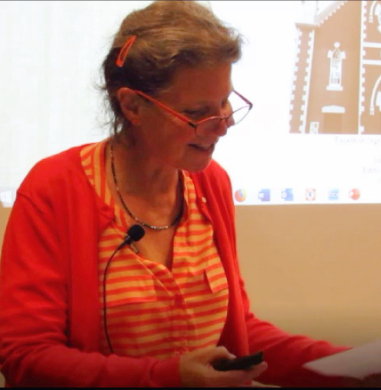

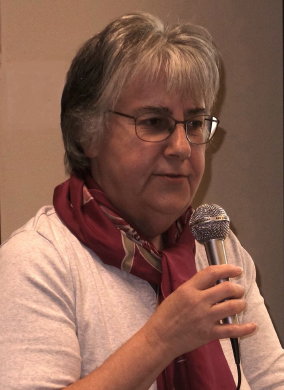
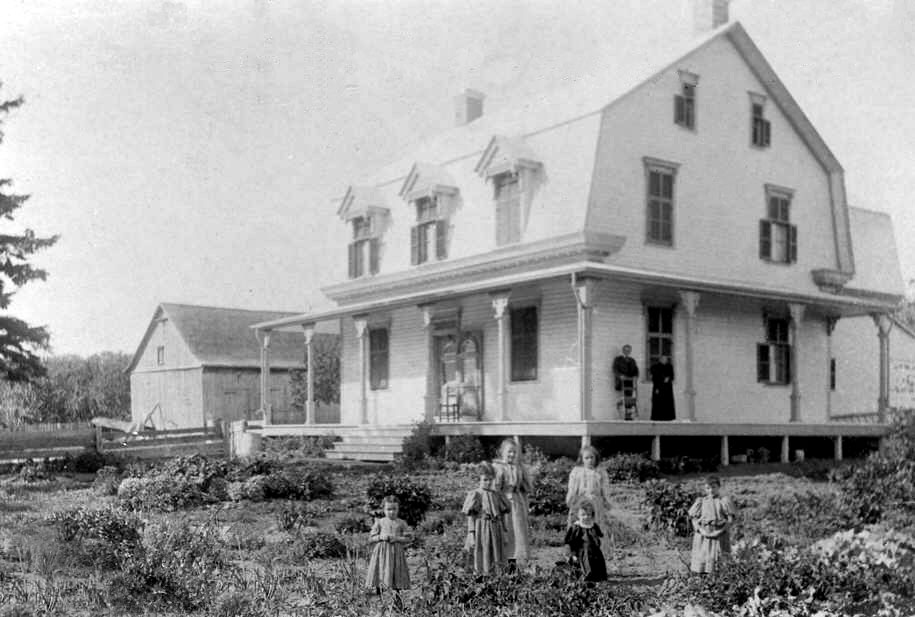 Pauline Faguy-Girard introduces us to some of the old farm houses of Beaconsfield which are still standing. Some are almost identical to their original construction; others have been modified through time to suit the needs of the different owners. We will discover the buildings and some of the people who lived in these houses.
Pauline Faguy-Girard introduces us to some of the old farm houses of Beaconsfield which are still standing. Some are almost identical to their original construction; others have been modified through time to suit the needs of the different owners. We will discover the buildings and some of the people who lived in these houses.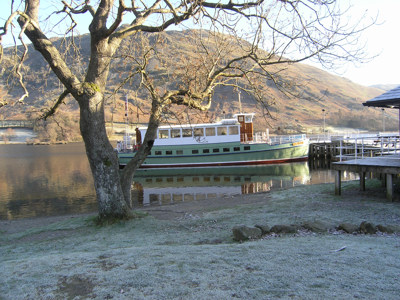 Join us on our travels through fabulous natural sites and recall tales and stories of the magnificent Lake District in North-West Britain.
Join us on our travels through fabulous natural sites and recall tales and stories of the magnificent Lake District in North-West Britain.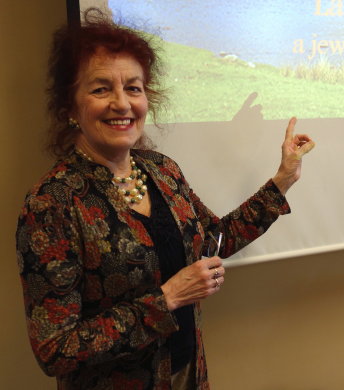 ges d’hier -- Saint-Laurent a 100 ans;
ges d’hier -- Saint-Laurent a 100 ans;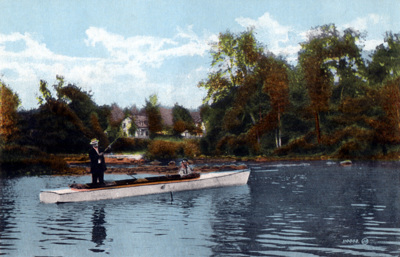 The great resorts locations of the province of Quebec became very popular in the mid 19th century with the development of railways. Wealthy businessmen and industrialists who were living in the Montreal Golden Square Mile began to stay in the country during summertime. This brought a social change for a new way of life.
The great resorts locations of the province of Quebec became very popular in the mid 19th century with the development of railways. Wealthy businessmen and industrialists who were living in the Montreal Golden Square Mile began to stay in the country during summertime. This brought a social change for a new way of life.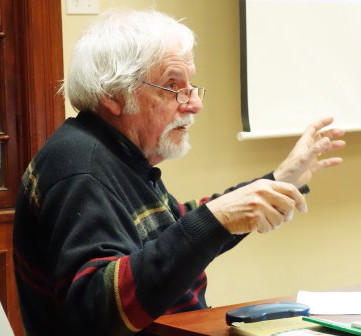 Michel Bélisle, author and lecturer, was born in Montréal. He studied Anthropology - Ethnology at Université de Montréal, and Design & Environment at UQAM. He worked as assistant-curator at McCord Museum, curator at Musée régional de Vaudreuil-Soulanges, curator at Trestler House in Vaudreuil-Dorion. He was curator for Special Exhibitions:
Michel Bélisle, author and lecturer, was born in Montréal. He studied Anthropology - Ethnology at Université de Montréal, and Design & Environment at UQAM. He worked as assistant-curator at McCord Museum, curator at Musée régional de Vaudreuil-Soulanges, curator at Trestler House in Vaudreuil-Dorion. He was curator for Special Exhibitions: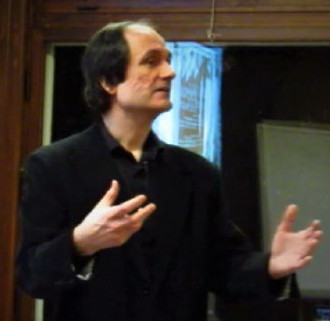 Speaker: Denis Gravel
Speaker: Denis Gravel